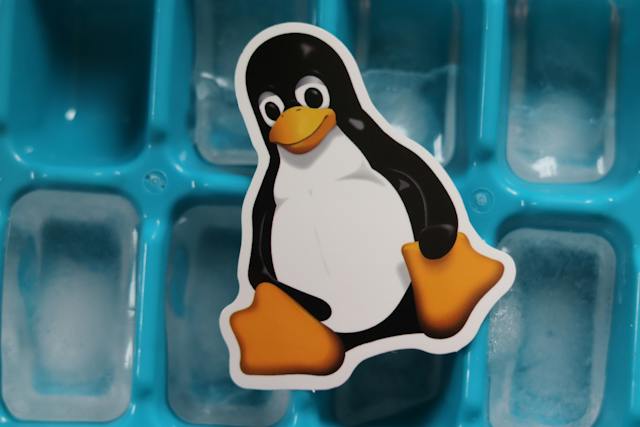
Recently, a significant security vulnerability in the Linux NetFilter kernel has been discovered, allowing unprivileged local users to escalate their privileges, allowing complete control over a system. This flaw, designated as CVE-2023-6817, poses a severe threat with a CVSS (Common Vulnerability Scoring System) score of 7.8, categorizing it as a high-severity issue.
To grasp the gravity of this situation, one must first understand the role of the NetFilter subsystem in Linux. This crucial component acts as a gatekeeper, managing the flow of data packets in the network stack. It facilitates various operations like modifying addresses, dropping packets, and logging activities.

The newly discovered vulnerability lies in the NetFilter’s ability to manage this data flow. Specifically, the issue resides in the `nft_pipapo_walk` function of the NetFilter subsystem. This flaw can lead to a use-after-free condition, a dangerous scenario where the system continues to use memory after it has been freed. Such conditions can be exploited by attackers, potentially leading to application crashes, information disclosure, or even more alarmingly, local privilege escalation.
The most concerning aspect of CVE-2023-6817 is the possibility of local privilege escalation. This means that an unprivileged local user could exploit this flaw to gain complete control over the system. In the hands of a malicious actor, this could lead to devastating consequences, ranging from system compromise to sensitive data exposure.
Addressing such a critical issue requires swift and efficient action. Enter Florian Westphal and Pablo Neira Ayuso, two engineers who submitted a crucial Linux kernel source code commit to mitigate this threat. Their solution ingeniously involves allowing the `nft_pipapo_walk` function to skip inactive elements during set walks. This approach effectively prevents double deactivations of PIPAPO (Pile Packet Policies) elements, thereby eliminating the use-after-free condition.
For users and administrators of Linux systems, the message is clear: vigilance is key. Keeping systems updated with the latest security patches, especially those addressing CVE-2023-6817, is crucial in safeguarding against potential exploits.
Update on December 23
The bug is fixed in the v6.7-rc5 kernel. Security researcher Xingyuan Mo of IceSword Lab has been credited for reporting this flaw. Also, Xingyuan Mo published the proof-of-concept (PoC) for CVE-2023-6817.